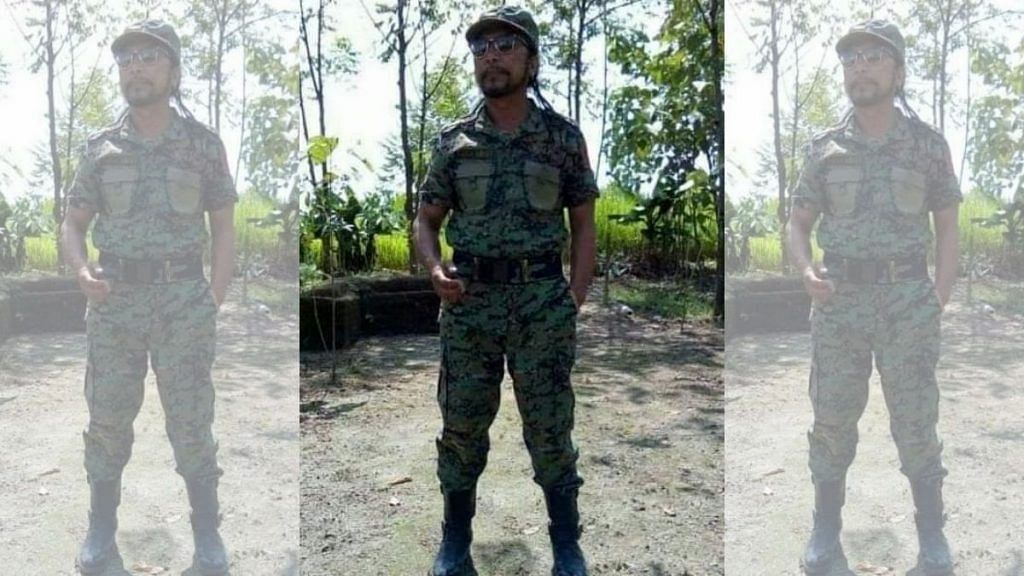New Delhi: The Modi government Wednesday signed a ceasefire agreement with the Niki Sumi faction of the National Socialist Council of Nagaland-Khaplang (NSCN-K).
The agreement came into effect from 8 September, for a period of one year and more than 200 cadres of this group along with 83 weapons joined the peace process.
“The Government of India has entered into a Ceasefire Agreement with National Socialist Council of Nagaland (K)Niki Group, with effect from 08th September 2021 for a period of one year and more than 200 cadres of this group along with 83 weapons joined the peace process,” a statement released by the Ministry of Home Affairs read.
Earlier, the Government of India had signed an agreement with NLFT(SD) in August 2019 by which 88 cadres along with 44 weapons joined the mainstream society in Tripura. In January 2020, with the signing of the Bodo Agreement, more than 2,250 cadres of insurgent groups, including all factions of National Democratic Front of Bodoland (NDFB), along with 423 weapons and huge quantity of ammunition surrendered in Assam and joined the mainstream.
On 23 February, 1,040 leaders/cadres of various underground Karbi groups of Assam surrendered along with 338 weapons which was followed by the signing of the Karbi-Anglong Agreement on 4 September.
ThePrint tells you about the Niki Sumi-NSCN(K) faction and its role in the Naga peace talks.
All about NSCN(K)
Nagaland insurgent group NSCN(K) was formed by S. S. Khaplang in 1988 from the existing National Socialist Council of Nagaland after the leader had a falling out with Isak Chishi Swu and Thuingaleng Muivah.
In the past few years, several factions broke away from the NSCN(K). Among them are the NSCN(K) Niki Sumi, NSCN (Reformation), NSCN (K)-Khango, NSCN (Neopao Konyak/Kitovi), and NSCN (K-Yung Aung).
The government had already entered ceasefire agreements with the NSCN(NK), NSCN(R), and NSCN(K)-Khango.
The Niki Sumi faction, which signed the agreement Wednesday, was formed after Sumi, the NSCN(K)’s military commander, had been expelled in 2019 from the NSCN(K) over differences with the leadership.
Sumi, who belongs to the Sema tribe, had served as a military adviser to the NSCN(K) and was Khaplang’s trusted arm. In 2015, he was the prime accused in the killing of 18 Indian Army soldiers in Manipur’s Chandel district. The attack had come ahead of the Khaplang faction’s decision to abrogate its ceasefire. The National Investigation Agency (NIA) had also announced Rs 10 lakh reward on information that could lead to his arrest.
Last December, Sumi in a statement announced his decision to move “for an early solution” in the Naga peace issue.
“NSCN/GPRN has been striving all these years to achieve an honourable and acceptable political solution to the Naga issue. NSCN/GPRN is also conscious of the overwhelming sentiments among the Naga people for an early solution to this long standing issue,” he had said.
The group had, however, given no indication of joining the Naga National Political Groups (NNPGs), which is a group of seven outfits in talks with the central government. According to an Indian Express report, however, it is likely that they may be asked to join the NNPGs.
Also read: Nagaland emerges as worst-performing state in Northeast SDG Index, experts blame insurgency
